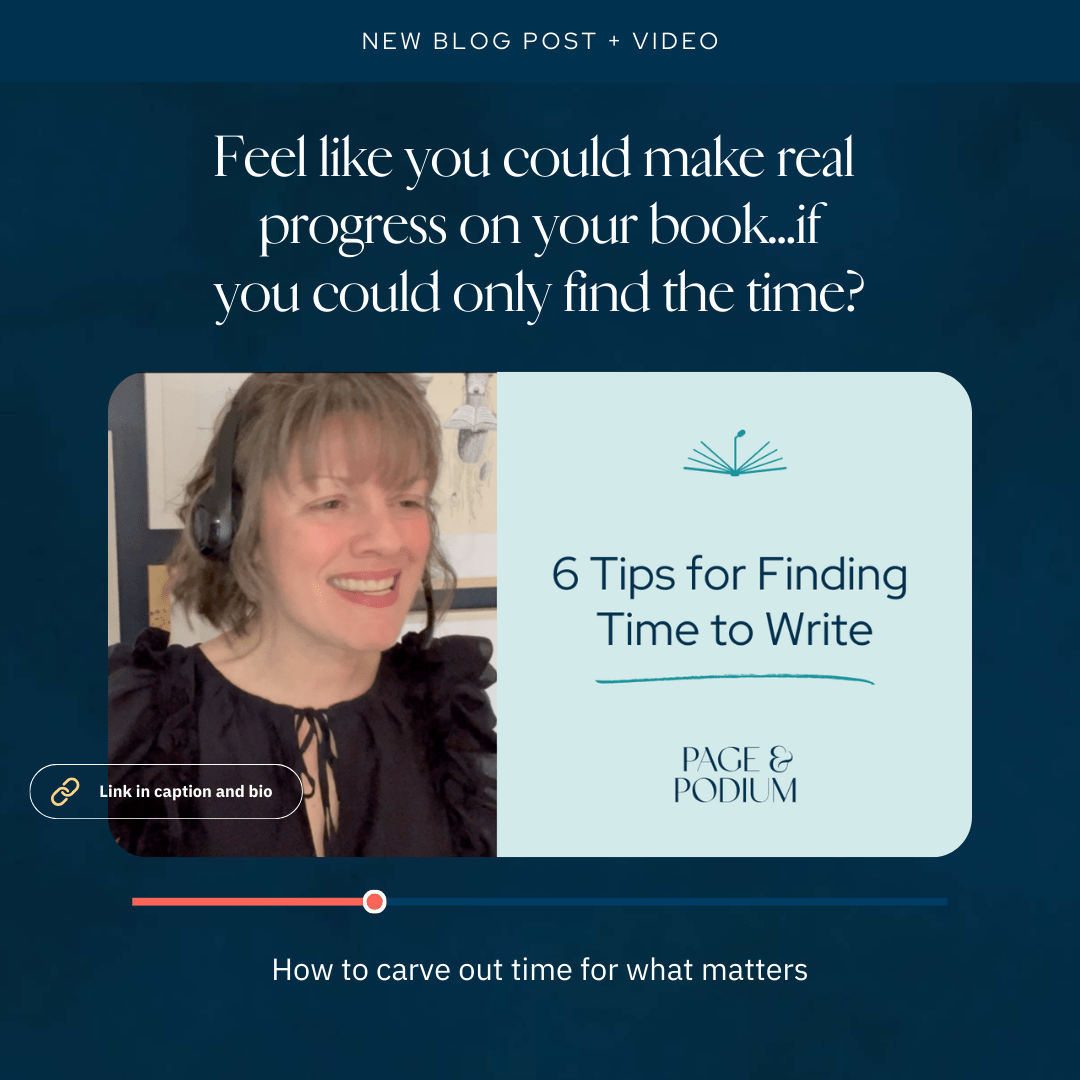Often, we hear about perfectionism in a very positive light. Or, rather, we learn to view mistakes as the worst that can happen to any project. Essays are returned to you with your mistakes outlined in the dreaded red pen, test scores drop points for every mistake you make, and sometimes an entire semester of work can fall down the drain with a final test worth half of your grade.
Soon, you’re an adult whose dropped knitting stitches seem to grow eyes just to mock you, and you secretly fear that your boss will hand you back a printed email or project with red pen all over it.

Okay, perhaps you’re not that bad, but, when we put so much negative weight on our mistakes, we understandably tend to form a habit of striving for perfectionism. A project without mistakes can never be criticized, mocked, or seen as unworthy, right? Yes, but the truth no one struggling with perfectionism wants to admit is that it’s simply not possible.
It’s human to make mistakes, whether they show up as email typos or as dropping a major business deal. Every great writer has sheets of writing they’ve thrown out and never picked up again. Art pieces rarely turn out exactly the way the artist pictured it, and even the most skilled artisans still have marks, scuffs, and other small imperfections on their handmade work. Mistakes are normal.
Furthermore, perfectionism does more than make you feel bad about making mistakes. Often, people get so caught up in fearing that their project will be imperfect that they simply never start it. Because perfection isn’t possible or reasonable, people who struggle with perfectionism have hundreds—even thousands—of projects that exist perfectly in their imagination. Someday, when I have more skills, I’ll start this project. I’ll try my second language on someone once I’ve become fluent. I can’t handle that project—I’ll mess it up.
“Many people find their creative endeavors frozen in between an imperfect reality and a perfect fantasy. The only thing that will bring your goals back into the realm you live in, is to let go of the idea that they will be, or need to be perfect.”
Many people find their creative endeavors frozen in between an imperfect reality and a perfect fantasy. The only thing that will bring your goals back into the realm you live in, is to let go of the idea that they will be, or need to be perfect. Writing does not need to be free of all grammar mistakes to be great (in fact, many authors make “mistakes” on purpose because it suits the piece better). Your work presentation doesn’t need to be free of typos to be professional and informative.
Doing something imperfectly is better than not doing it at all.
Okay, okay, you get it, but how are you supposed to do that?
1. Pick a small, no-stakes hobby to practice with.
Take up drawing, yoga, or even adult coloring books, and practice accepting mistakes when they come. No one will be hurt (well, be careful with the yoga, I suppose), and no major repercussions will occur if you color outside the lines or have to make a frog into a flower.

2. Look for mistakes in the work of the greats.
We’re not trying to be judgmental here—but sometimes it feels good to look at the work of someone you admire and see that they make mistakes, too. If they can make mistakes and still be worthy, important, and great at what they do, certainly you can, too.
3. Treat yourself like a friend.
If your friend had just finished a beautiful mural with a few imperfect lines on one edge, would you ever look at them and point out their mistakes? Or would you compliment them on everything they’d done well (hopefully you would)? Do the same for yourself—we’re often much harder on ourselves than we are on others.
Next time you’re thinking of starting a project, start it. Accept it for what it is, and take the time to put out into the world what you’ve been trying to say for so long now. If you’re still having trouble, our team at DAS takes great pride in the support we provide to our clients. We offer a variety of services to help you get started, grow confident, and, most importantly, finish your book. Schedule a free consult or download our free guide today.



